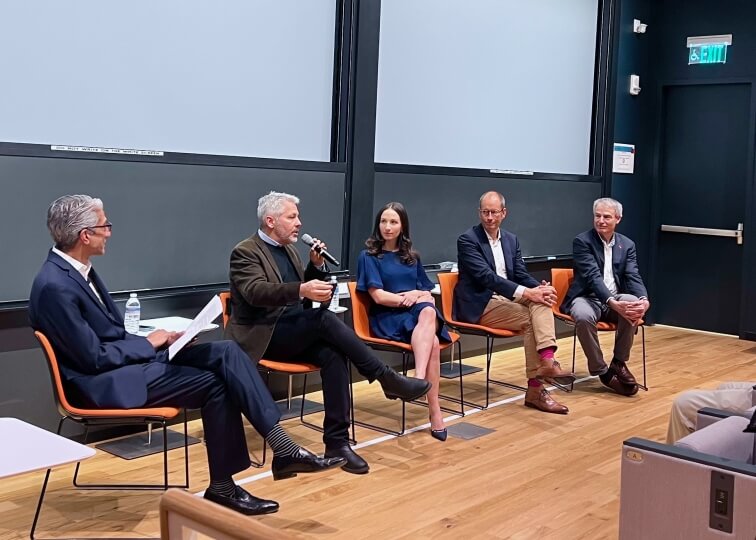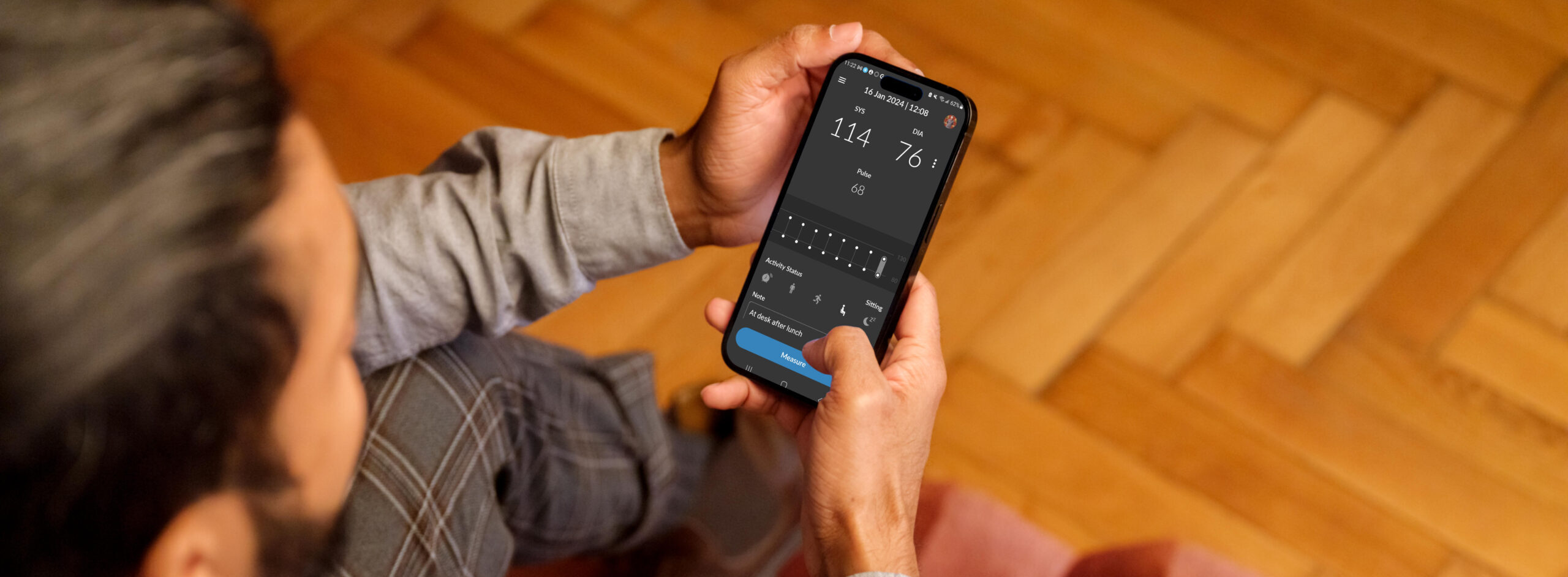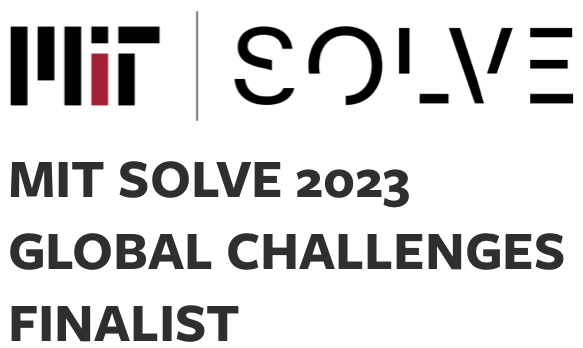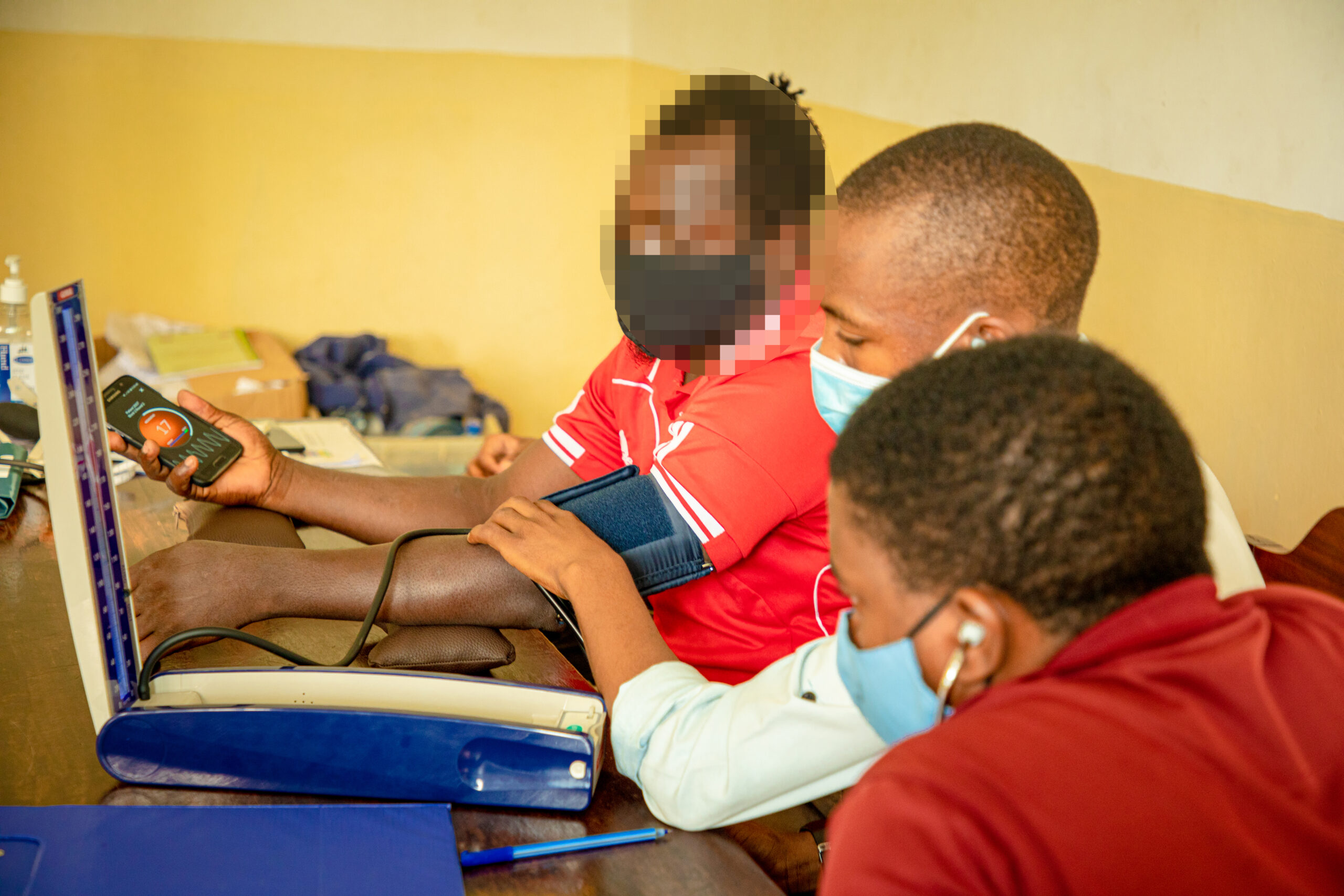We’re thrilled to announce that have we received European CE MDR Class IIa medical device certification for its optical fingertip blood pressure monitoring app, OptiBP™! This major milestone in our mission to enable ease of access and actionability for remote monitoring the “point of patient” makes the app the first and only software app worldwide to receive the CE mark for measuring blood pressure on a smartphone. CE MDR approval affirms the OptiBP’s compliance with stringent European Union CE MDR regulations for medical device certification and furthers Biospectal’s mission to democratize access to blood pressure monitoring worldwide. We can’t wait to bring blood pressure monitoring to people around the world! Read more here.
MIT’s Health in Fragile Contexts Challenge Recognizes Biospectal’s Global Health Kenya Initiative

One of Biospectal’s core areas of emphasis and a key part of our mission is to enable better health management and longer, healthier lives by leveraging commonly available computing devices for remote monitoring and improved engagement with doctors. By using our mobile app, OptiBP™, to turn smartphone cameras into blood pressure monitors, we can enable people around the world to be more actively engaged partners and improve understanding and adherence to behaviors that maximize their quality of life. With smartphones everywhere in the world more than any other consumer device, we also have a golden opportunity to promote health equity for low resource populations. Biospectal participated in MIT’s Health in Fragile Contexts Challenge and was recognized as one of only a few leaders among a vast number of applications that highly promising and impactful new technology that can affect change for all populations at global scale. The focus of our project is to further our work to test and implement remote patient monitoring in sub-Saharan Africa, specifically in low resource settings in Kenya and the Kibara settlement in Nairobi.
Non-communicable diseases like hypertension account for more than a third of deaths in Kenya, with similar rates across sub-Saharan Africa. The leading cause of heart failure in sub-Saharan Africa is hypertension, while the diagnosis rate remains less than 40%. In addition, approximately 60% of families live in areas defined as urban slums or informal settlements. Ethnographic research conducted on hypertension monitoring in these settlements revealed that they suffer from significantly limited access to clinics. Due to the shortage of clinical resources needed to measure blood pressure, monitoring patient blood pressure after initial diagnosis presents a serious challenge and has a significant impact on managing the disease. Especially in these low income, fragile settings, people lack access to necessary healthcare, while simultaneously, community health workers struggle with traditional clinical models to increase local capacity to treat chronic diseases like hypertension. They simply do not have the resources to follow up with patients out in the community and to capture and manage blood pressure data for effective diagnosis and treatment.
With this recognition, we have further proof that experts recognize the potential of enabling mobile remote monitoring. Our global vision is steadily becoming a reality!
Nature’s NPJ Digital Medicine publishes positive results from a global health study evaluating OptiBP™ mobile blood pressure monitoring app in low-resource urban and rural settings
We’re excited to announce that Nature’s NPJ Digital Medicine has published the first independent research and validation study showing the potential of the OptiBP mobile app to manage high blood pressure. In line with our mission to make easy to access and actionable self monitoring of vital signs a reality around the world, we focus on building broad evidence of the utility of mobile blood pressure monitoring in all levels of resource settings. Notably, with the proliferation of smart phones across all populations, OptiBP presents a compelling way to engage patients and amplify the relationship with the care provider and health worker infrastructure.
The results of this study were gathered from the general population and pregnant population participants in Bangladesh, South Africa, and Tanzania. Our focus on hypertensive subpopulations is intended to test and evaluate the solution in order to optimize for health equity and benefit for the good of the widest range of the 1.4 billion people worldwide affected by high blood pressure.
Harvard’s John A. Paulson School of Engineering invites Biospectal to Spend an Evening Sharing Insights into Medical Innovation and Public Good

We had a great time returning to our old stomping grounds in Cambridge to share tales as alumni from the startup world and learnings from our journey to bring technology to the world to benefit society. Students recently learned all about Biospectal through Industry Insights, an ongoing speaker series organized by the Harvard John A. Paulson School of Engineering and Applied Sciences (SEAS) at the Science and Engineering Complex in Allston.

The Industry Insights series is a platform for industry speakers to share information and advice with our students and the SEAS community. The series helps broaden students’ perspectives into the possible pathways where their skills are needed in the world and provides insight into opportunities and challenges from an industry perspective.
Biospectal Wins Coveted Health Innovator Selection @ SXSW 2022
SXSW 2022 has selected Biospectal to join its list of Innovation Award finalists from a huge number of entries for the award ceremony in Austin, TX on 14 March. Come talk with us about our fingertip optical sensing with OptiBP and Biodisc on Saturday at the Innovator’s showcase!



